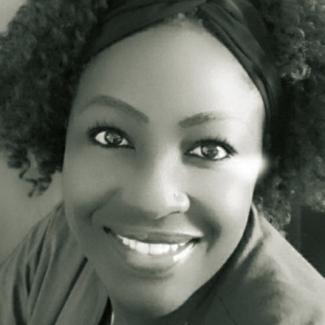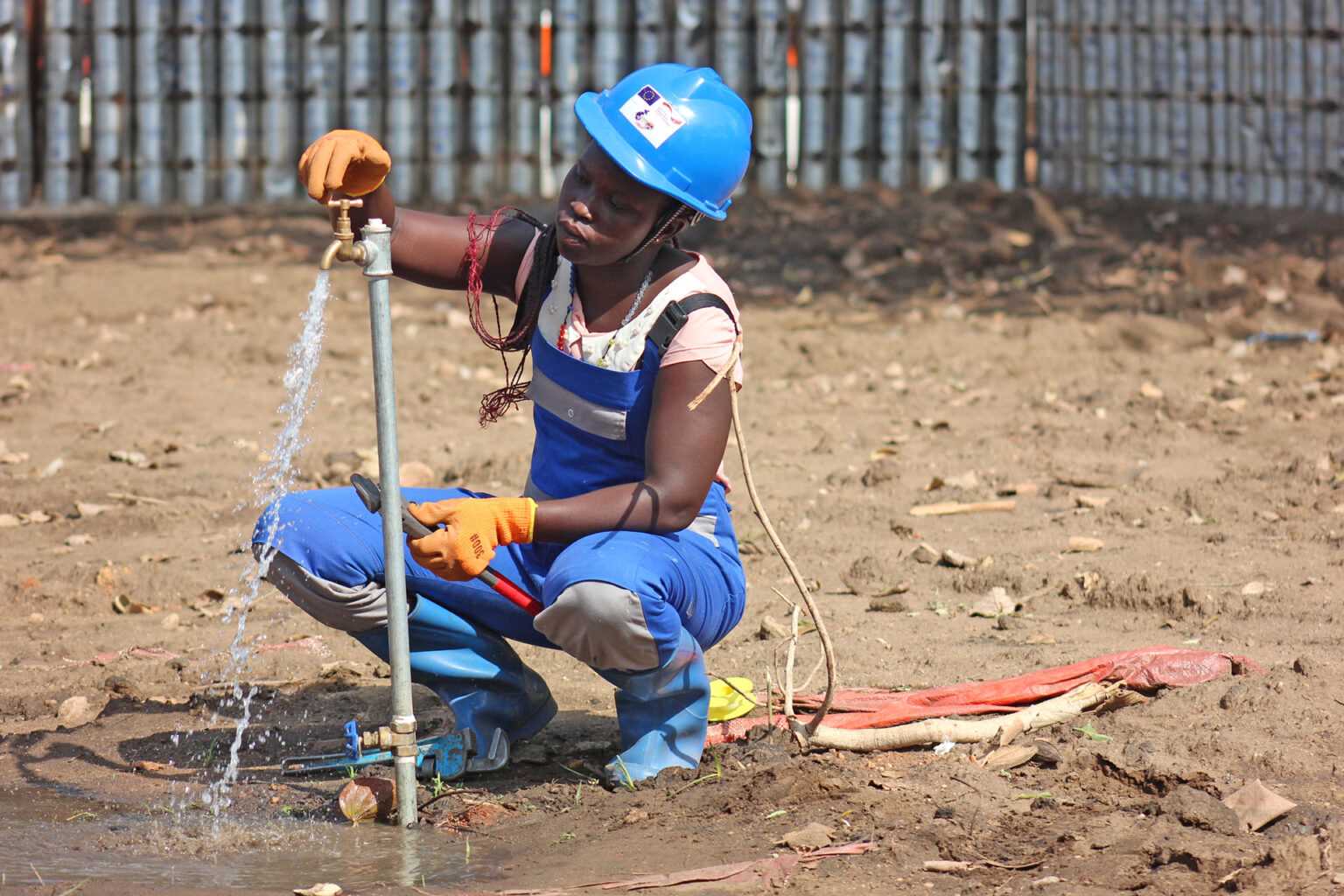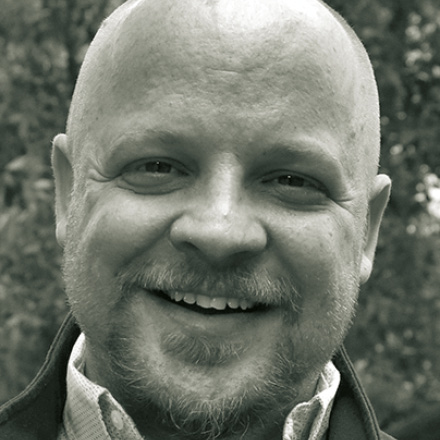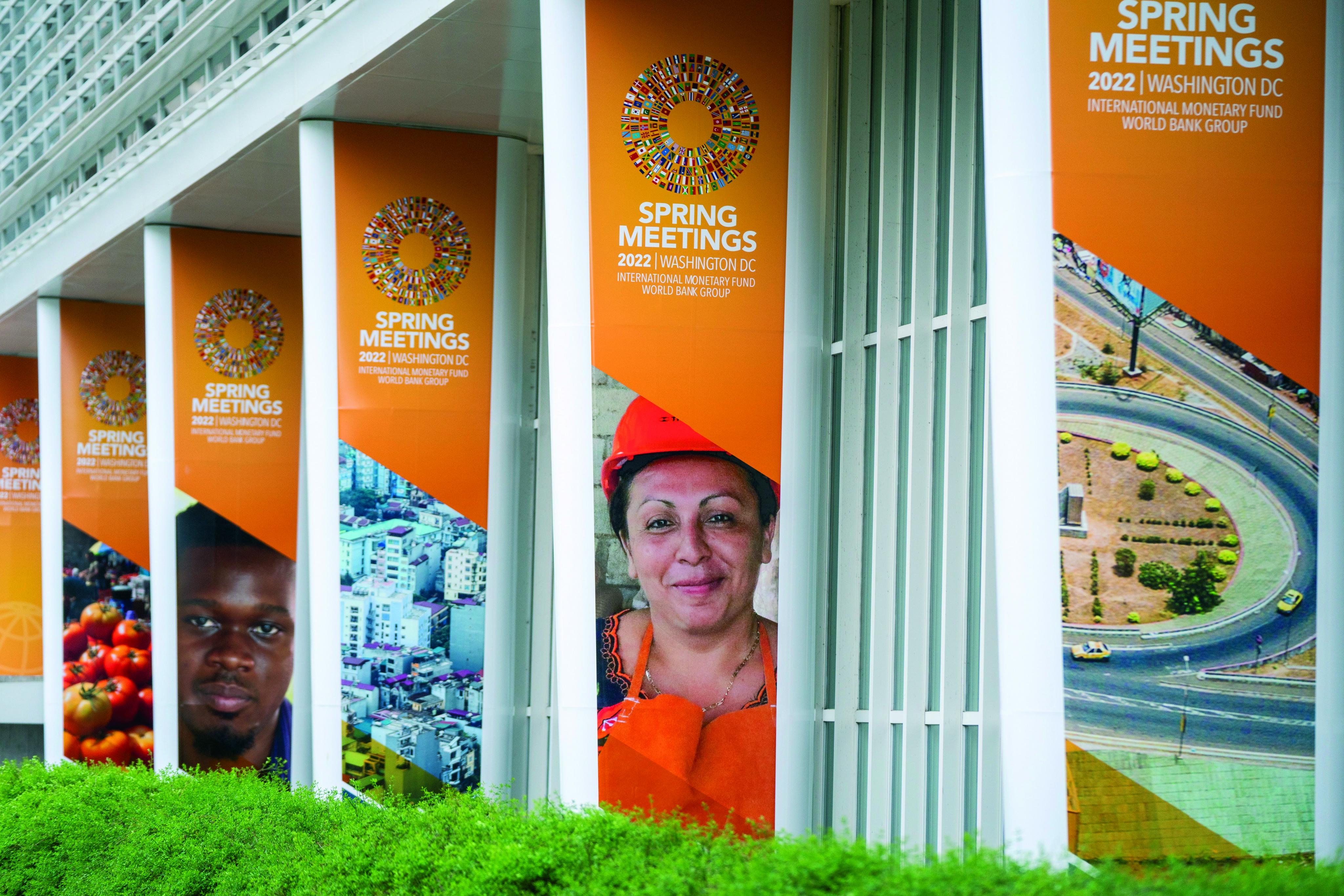Refugees
Uganda’s open-door policy
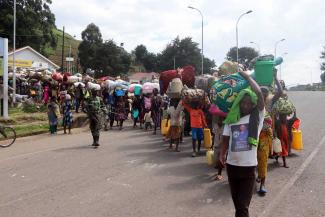
Situated in East Africa with a population of not quite 50 million people, Uganda is home to more than 1.5 million refugees, mainly from South Sudan and the Democratic Republic of the Congo (DRC).
Unlike in other hosting nations, refugees in Uganda do not live in fenced camps. The country has a well-developed and well-executed refugee response framework, which fosters self-reliance. Jeje Odongo, the Ugandan Minister of Foreign Affairs, has said: “Here, refugees are given land to live on and farm; they are enabled to move freely, access social services such as education, start businesses and find employment.” He emphasised that refugees are treated with dignity.
Refugees in Uganda are indeed allocated land for settlement and kitchen gardening. They thus grow some of the food they need themselves. In northern Uganda, local communities’ generosity has provided land for settling refugees. The region is rather poor and not densely populated. In the western region, the government has made some of its own land available for this purpose. In both regions, refugees do not get enough land for commercial farming.
Effective implementation of progressive policies
A variety of factors have contributed to Uganda’s progressive stance. The Refugee Act of 2006 and Refugee regulation 2010 have accorded refugees with the right to work as well as the freedoms of movement and association. These two policies have also provided a strong legal and regulatory framework for refugee rights, which is in line with the “leave no one behind” approach of the New York Declaration on Refugees and Migrants which the UN General Assembly adopted in 2016. Its main objective is responsibility sharing by countries to ease the pressure on the country hosting refugees and ensuring conditions in the country of origin are improved for them to go back and live in dignity.
Progressive policies, which grant refugees the right to live and work in the country hosting them, are helpful only when they are implemented effectively. The Ugandan government has created a department for refugees. Among other things, it is in charge of the comprehensive refugee response framework (CRRF) with a 35-member steering group. It plans and implements measures and coordinates among different ministries. The private sector and civil-society organisations are involved too.
Uganda’s approach to refugees is both nuanced and holistic. Multi-stakeholder coordination discourages siloed action. Indeed, the government’s current Third National Development Plan addresses refugee issues.
International support
Uganda is a low-income country. Its welcoming attitude towards refugees is supported internationally. Indeed, its open-door stance has proved beneficial to the country. Uganda is receiving both humanitarian aid and official development assistance (ODA).
Given that the country has been struggling with its fight against poverty and providing basic amenities to its citizens, donor funding matters very much. It often benefits both refugees and local communities. For example, the UN Refugee Agency (UNHCR) is running a project which is designed to build local infrastructure, which serves everyone living in a given area. The World Bank too is making efforts to improve local-level development opportunities. These projects are meant to ease pressure on the country and the people hosting refugees.
Donors generally appreciate Uganda’s welcoming attitude to refugees. For example, the European Union made €200 million available over four years. The hosting of refugees also has downsides. Detrimental impacts on the environment have increased. For example, the demand for fire wood has grown and is contributing to deforestation.
The impacts of climate change, moreover, are affecting agriculture and food prices are rising internationally. Conflicts over resources occur regularly. Aid flows are not keeping up with the need, and Uganda’s refugee-friendly programmes tend to be underfunded. Moreover, the country has been hit hard by flooding recently.
Uganda nonetheless continues to practice its open-door policy. It is doing the international community a service. People who flee from strife-torn areas to foreign countries need a place where they can live in dignity – and global problems are compounded if they do not find one. Inclusive policies are thus necessary, and they must pay attention to the special needs of traumatised people who have experienced brutal violence.
Roselyn Davina Vusia is working for the German development agency GIZ (Deutsche Gesellschaft für internationale Zusammenarbeit) in Uganda. She is Deputy head of RISE, a project aiming to create inclusive socio-economic opportunities for refugees and host communities.
roselyn.vusia@giz.de
